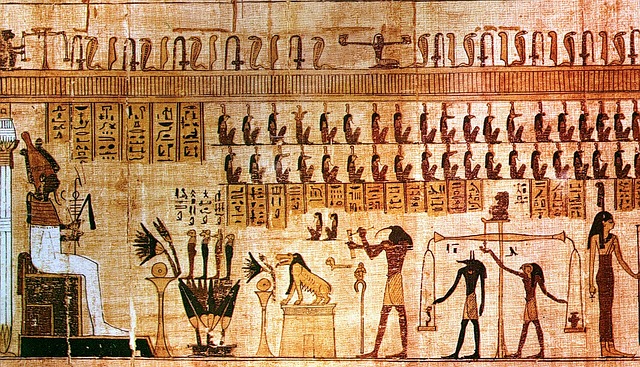The English language is made up of an enormous number of words borrowed from different languages. Many have been lost to time, while even more have evolved and are spoken every day. Among all these, do you know the origins of the most offensive word in the language today? The most offensive word today wasn’t always taken so seriously. Over time, the English language and societal norms have transformed it into a highly taboo term. The word’s journey from a term of respect to one of the most vulgar expressions is a fascinating tale of cultural evolution.
Which Word is It?

We’ve all encountered various offensive words: F-bombs, the B-word, euphemisms for male genitalia, and even synonyms for the anus. Yet, one word surpasses all in its level of offensiveness. It’s blunt, harsh, and composed of three consonants with a sharp stop. This word, though never intended to be so powerful, has become the verbal equivalent of a punch to the face.
Read More: Gen Z Are Demanding Millennials Stop Using ‘Out of Date’ Slang Words
Origins of the Most Offensive Word

If you haven’t guessed it already, the word is c**t. Its origins trace back to Ancient Egypt, where it was first documented as ‘kt’ in the writings of Ptah-Hotep, an Egyptian vizier from the 25th century BC. Back then, it referred to women respectfully. Thousands of years ago, during the Stone Age, female sexuality was not problematic. But as societies settled and patriarchy emerged, the perception of women and their sexuality changed dramatically.
How It Became the Most Offensive Word

In a 2000 BBC survey, this word was ranked the most offensive in the English language, surpassing other swears and even certain racial slurs. Historically, it appeared in old Norse and Germanic tales and was used without much offense in Medieval England. By the 1400s, streets named ‘Gropec**t Lane’ existed in red-light districts. Shakespeare even used clever wordplay to incorporate it into his works, such as Hamlet and Twelfth Night. However, by the early 20th century, the focus shifted from religious profanity to more vulgar and sexual language, setting the stage for its current status.
Why Has It Become So Taboo Recently?

Why is this word considered the worst? The answer lies in its bluntness. Linguists explain that many words for female genitalia are Latinate, diminutive, or euphemistic. In contrast, c**t is straightforward and Anglo-Saxon. Words from that era often have short vowels and sound offensive, like st, ps, fk, and ck. Curiously, longer, less blunt terms are less offensive, such as poopy, pee, screw, and willy. However, tt, which shares similar characteristics, remains quite offensive too.
Read More: Ace Ventura: Pet Detective Did Not Age Well and is Super Offensive. Here’s Why.
Where Do We Stand With It Today?

Today, numerous feminists argue for removing the stigma surrounding the word, asserting it is a more accurate description of female genitalia than ‘vagina.’ The term ‘vagina’ comes from Latin, meaning a sword sheath, implying it is merely a holster for male genitalia. In contrast, the c-word encompasses the entire female genitalia. Reclaiming this word, feminists argue, allows women to take ownership of their sexuality and bodies.
Read More: Depressed People Use These 7 Words More Often
This content has, in part, been generated with the aid of an artificial intelligence language model. While we strive for accuracy and quality, please note that the information provided may not be entirely error-free or up-to-date. We recommend independently verifying the content and consulting with professionals for specific advice or information. We do not assume any responsibility or liability for the use or interpretation of this content.

